“You yourself, as much as anybody in the entire universe, deserve your love and affection.” – Buddha
A breakup or divorce forces you to make a choice: drown in loneliness or rise in solitude. One weakens you. The other transforms you.
Loneliness is a craving, an emptiness that begs to be filled.
Solitude? Solitude is a power move.
It’s a conscious decision to sit in your own energy, to reclaim your mind, your body, and your future.
Friends and family may tell you to “move on,” to “get back out there,” to distract yourself with someone new.
But here’s the truth: running from yourself is a losing game. The real transformation happens when you stop, turn inward, and embrace the quiet. Because in that quiet? That’s where your power is waiting.
Loneliness vs. Solitude: The Shift That Changes Everything
Buddhism teaches that suffering is rooted in attachment. The more we cling to someone, the more painful their absence feels. Over the years, I’ve become deeply intrigued by these teachings, and one book in particular, The Things You Can See Only When You Slow Down by Haemin Sunim, highlights that it is only when we slowdown that we can connect with our intuition and pay attention to our inner wisdom.
When we define our worth through someone else, their absence feels unbearable. That’s loneliness—a desperate grasp for what was, a fear of being alone with yourself.
A social psychology experiment conducted by Timothy Wilson and colleagues at the University of Virginia, asked participants to sit alone in a room for 6 to 15 minutes without any distractions—no phones, books, or external stimuli—just their thoughts.
Before the experiment, they were given the option to self-administer a mild electric shock. Surprisingly, many participants chose to shock themselves rather than sit in silence.
67% of men and 25% of women opted to shock themselves instead of simply sitting quietly.
One participant even shocked himself 190 times during the short period!
The study concluded that many people find being alone with their thoughts unpleasant and prefer external stimulation, even if it’s negative.
So, if you are reading this and thinking, solitude sounds too difficult, you are not alone in those thoughts. However, if you want to encounter true transformation, it lies in solitude. Because it is a detachment from the noise.
It’s stepping into your own presence without needing external validation. It’s choosing yourself, over and over, until it’s no longer a choice but a way of being.
The moment you stop fearing solitude and start embracing it, you shift. Instead of mourning what’s lost, you start discovering what’s been waiting for you all along—you.
The Necessity of Solitude After a Breakup
Clients often ask me after a breakup or divorce whether getting into a relationship soon after is right or wrong.
I don’t think it’s about either. But what I find is that the client success stories come from those who have embraced solitude. Because it’s where the real work begins.
- Emotional Processing: Stop Running, Start Feeling
Grief is not an enemy. Pain is not a weakness. They are your greatest teachers if you’re willing to sit with them. Solitude forces you to feel, to process, to acknowledge what needs to be healed. And without that? You’re just carrying old wounds into new relationships, expecting someone else to fix what only you can.
- Self-Discovery: Who Are You Without Them?
Let’s be honest—many of us lose ourselves in relationships. We compromise, we bend, we shrink. We think we can change them, which rarely works. When it ends, there’s an opportunity to rebuild, to reconnect with who you are when no one else is defining you. Solitude gives you the space to rediscover your passions, your desires, your voice.
Many people fear solitude, but when embraced, it can be the most empowering decision you ever make. A client of mine, after his fourth marriage, finally realised this truth. For the first time, he wasn’t rushing to fill the void with someone new. Instead, we explored a question he had never asked himself before:
What have I always wanted to do, but never did?
He realised there were trips he had dreamed of taking but had always put off. And for the first time, he felt he could do them solo—something he would have never considered before.
That’s the power of solitude. It opens doors you never even saw before. It shifts your perspective from waiting for life to happen to actively creating it.
- Healing & Growth: The Rebirth of You
True healing isn’t about forgetting or “moving on”—it’s about integrating the lessons and stepping into a stronger, wiser version of yourself. Solitude allows you to reflect, to grow, to recognize patterns and break cycles. You’re not just surviving—you’re evolving.
How to Turn Solitude into Your Superpower
If solitude feels foreign or even terrifying, good. That’s where the transformation happens. Here’s how to lean in:
-Meditate. Sit with your thoughts. Let them rise, let them pass. You are not your pain; you are the observer of it.
-Journal. Get raw, get real. Spill every unfiltered thought onto paper and watch clarity emerge.
-Get back into your body. Yoga, weightlifting, dance, running—move in ways that remind you of your own strength.
-Explore solo experiences. Travel alone. Go to dinner alone. Learn to enjoy your own company.
-Set boundaries. Not everyone deserves access to your healing journey. Protect your space fiercely. Retelling your story can keep you stuck—so share it wisely.
Own Your Solitude, Own Your Power
Society glorifies moving on quickly, but true power lies in standing still, in facing yourself with unwavering courage. Solitude is not a punishment—it’s a privilege.
It’s the space where you reclaim your energy, rewrite your story, and step into the most unshakable, untouchable version of yourself.
“It is not that we have a short time to live, but that we waste a lot of it.” — Seneca
So don’t waste this time. Don’t rush into distractions or try to outrun your emotions. Let solitude be your sharpening stone. Sit in it, learn from it, grow through it.
Because in the silence, in the stillness, in the solitude—you don’t just heal. You rise.

